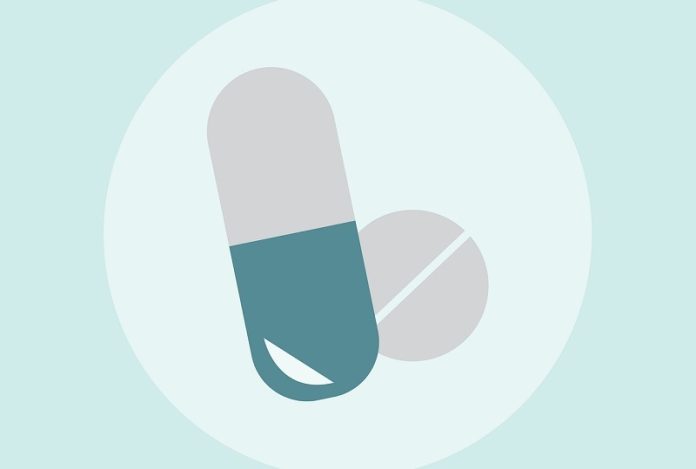
A groundbreaking study conducted by Emory University researchers has shown that Levodopa, a drug used to treat Parkinson’s disease, can potentially reverse inflammation’s effects on brain reward circuitry, thereby improving depression symptoms.
Inflammation’s Role in Depression
Scientists have established that inflammation can lead to diminished motivation and anhedonia, a fundamental symptom of depression that manifests as an inability to feel pleasure.
This occurs due to inflammation’s impact on the brain’s reward pathways.
Specifically, research has linked the effects of inflammation to a decreased release of dopamine in the ventral striatum, a brain region that regulates motivation and motor activity.
Levodopa’s Potential in Depression Treatment
In this study, researchers demonstrated that levodopa can reverse inflammation’s effects on brain reward circuitry functionality and anhedonia in individuals with depression.
Participants in the study had higher C-reactive protein (CRP) levels, a blood biomarker released by the liver in response to inflammation.
The study involved 40 depressed patients with a range of CRP levels. Each participant underwent functional brain scans on two visits after receiving either a placebo or levodopa in random order.
The results showed that levodopa improved functional connectivity in the ventral striatum to the ventromedial prefrontal cortex reward circuit, but only in patients with higher CRP levels.
Furthermore, this improvement in reward circuitry also corresponded with a reduction in anhedonia symptoms after levodopa administration.
Implications for the Future
This research suggests the potential for using inflammation-related deficits in functional connectivity in developing precision therapies for patients with depression and high inflammation.
The findings are crucial for two main reasons:
- They propose that patients with depression and high inflammation might respond particularly well to drugs that increase dopamine, like levodopa.
- The results provide further evidence that functional connectivity in reward circuitry may serve as a reliable brain biomarker for inflammation’s effects on the brain.
This study marks an important step towards understanding the relationship between inflammation and depression, and how existing treatments like levodopa can be repurposed to help those suffering from this debilitating condition.
The study was led by Jennifer C. Felger and published in Molecular Psychiatry.
If you care about Parkinson’s disease, please read studies about Vitamin E that may help prevent Parkinson’s disease, and Vitamin D could benefit people with Parkinson’s disease.
For more information about brain health, please see recent studies about new ways to treat Parkinson’s disease, and results showing COVID-19 may be linked to Parkinson’s disease.
Follow us on Twitter for more articles about this topic.
Copyright © 2023 Knowridge Science Report. All rights reserved.



